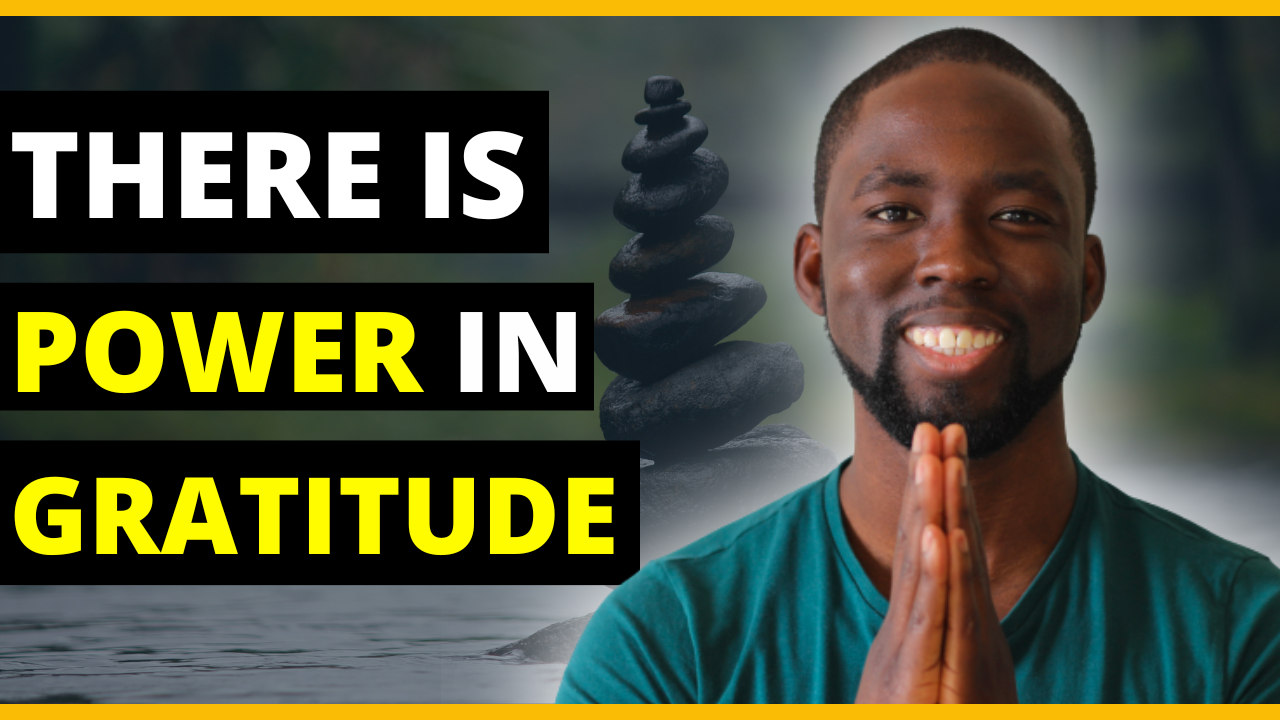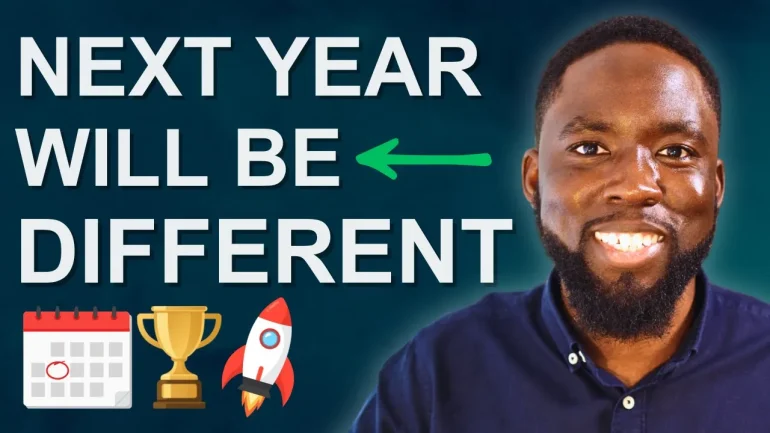The Power of Gratitude | The Practice you need to Build
In this session I’m going to be discussing gratitude. I’m choosing this because it is a concept that is sometimes overlooked, yet has some great benefits.
Gratitude is a vital topic, as it allows us to understand that we need to practice it more. Adopting a thankful nature changes the way we approach life.
A lot of people struggle to live day by day because they cannot see what they have. Recognising what you have gives you a strength that is unparalleled.
Let’s get into the meat of the topic!
Adopt an attitude of gratitude
There are 6 key parts to this newsletter. It will help shape why gratitude is important and how you can practice it. The topics are:
- Defining Gratitude and its two types
- The difference between indebtedness & gratitude
- Religion & Gratitude
- The appreciation scale
- The benefits of Gratitude
- Practising gratitude
So with that said, let’s get started!
Defining Gratitude and its two types

Our “trusted friend” Google defines gratitude as:
“The quality of being thankful; readiness to show appreciation for and to return kindness. She expressed her gratitude to the committee for their support.”
This reveals that it is related to the sincere feelings of appreciation. This appreciation directs us towards someone or something. It is a self-recognition of favour upon the generation of sentimental feelings of thankfulness.
There are two types of gratitude
State Gratitude: This is an acknowledgement of the goodness you have in your life. It’s looking at life half full as opposed to half empty. This is a great space to be in as you appreciate your very existence.
Trait gratitude: This is feeling gratitude in response to an event. This could be from looking at others perceived misfortune. Think about people who have less, or who cannot commit to acts of daily living. Rightly or wrongly when we look at these people, we in turn can feel grateful for our situation.
The difference between indebtedness & gratitude
It is likely we have once said in our lives “Thank you so much I owe you!” Afterwards, you may develop an inferiority complex associated with that act of good will you received. This is not gratitude. This is feeling like you have a debt to pay. In response to this feeling, you change your behaviour. This can look like avoidance or anxiety.
Gratitude does not make you feel like this. If anything, you are less likely to be avoidant or anxious. Whenever you find yourself questioning this, think about the behaviours you are exuding.
Religion & Gratitude

Studies have shown that there is a clear link between gratitude and the regular attendance of religious goers. It suggests that they are more likely to show gratitude in relation to all areas of their life to their deity. Yet, there is a difference between sentimental feeling and seeing gratitude as a virtue. This means feeling gratitude is different to working towards it. You can’t force it, it needs to be sincere and experienced.
The appreciation scale
There are different ways that psychologists measure gratitude. They use methods such as the GQ6, the appreciation scale and the GRAT scale. As an example, I will highlight what the appreciation scale demonstrates. This will help you recognise how to generate a sense of gratitude in your life:
Appreciation of people: This anchors one to think about someone who has provided value to them. Realising this will strengthen the relationship between you and that person.
Possessions: thankfulness for what you have allows us to see how fortunate we are. Our environment is a constant reminder of this.
The present moment: Being appreciative of the moment is an eternal reminder that we may not have been here. To this we give thanks.
Rituals: developing an intentional wellbeing routine can position us for gratitude day to day
Feelings of awe: there are things that are beyond us. This makes us see that we are a smaller part of something much bigger.
Social comparisons: Relativity is the mother of all comparisons. Noticing differences and similarities can trigger feelings of gratitude.
Existential concerns: this is looking at life through a lens and finding ways to see the light through the darkness. We cannot let the darkness win.
Behaviours which express gratitude: How we feel usually shows up in what we do. This can be shown through servitude, compassion and joy.
The benefits of Gratitude

There are many different benefits that gratitude can produce:
Grateful people are happier, less depressed, less stressed, and more satisfied with their lives. Psychology describes this as showing positive affect as opposed to negative affect.
Romantic and social relationships improve due to better self-monitoring related to gratitude. Self-monitoring is where you manage your responses in social interactions. It is related to high levels of emotional intelligence and amicability.
Long term joy is experienced. This is related to their environment, personal growth, sense of purpose, and acceptance of self-acceptance. With this in mind, people are likely to be resilient. Gratitude magnifies what is important to keep you grounded.
Grateful people are less likely to be avoidant and take a challenge head on. This is observed in model leaders.
You are more likely going to get better sleep. This is especially true if you practice gratitude before bed. It induces positive thinking that is less likely to effect sleep.
Studies also show a strong link between altruism, generosity, and empathy. As you receive or acknowledge acts of kindness, you may want to provide it.
Finally, we have positive reinforcement! Studies have also shown that it can increase sales, motivating a customer to purchase more items. For example, a study showed that customers of a jewellery store who were called and thanked showed a 70% increase in purchases. This compared to customers who were called and told about a sale, showed only a 30% increase in purchases. Customers who were not called at all showed no increase in purchases.
These 7 benefits are enough to show the value that gratitude holds in our lives.
Practising gratitude
Positive psychology is study of how an individual and communities can flourish. Studies in 2005 by Positive Psychologist Dr Martin Seligman and co, showed some of the ways to develop gratitude.
- Think about a living person for whom they are grateful.
- Write about someone for whom they are grateful
- Write a letter to deliver to someone for whom you are grateful
- Write down three things they were grateful for everyday
Some of these activities can be in a journal. The main theme is thinking and writing. The writing etches a memory into reality. The physical manifestation of the words from thought generates emotion. This emotion is what gives us the feelings of gratitude. It is the same if you transmit thoughts into spoken word. The point is, when you are intentional with your gratitude practice, you are more likely to feel it.
The key takeaways are:
- Gratitude is the quality of being thankful.
- Indebtedness and gratitude are different.
- Religious goers are more likely to experience a holistic form of gratitude.
- There are different ways to measure gratitude. One of them is using the appreciation scale.
- There are many benefits related to gratitude. These include health, personal growth and sales benefits.
- Think, write and talk about gratitude to receive its blessings.
As you can see, there are many benefits to adopting an attitude of gratitude. Read over this again if you need to start adopting these tips.
If would allow me too, under my company, the Masteri Group, I can help you in the following 3 ways:
- Secure the Job: The step-by-step course that unveils systems, strategies and success when it comes to progressing your job and applying for new roles
- The Independent Consultant UK: A guide to becoming a contractor in the UK. This is a step-by-step walkthrough of my experiences, hosting exclusive information to help you transition into the space of contracting.
- Book a call: Let’s have a chat to focus on your life areas and where you can the biggest impact. If it makes sense, we can progress towards procuring coaching or mentoring.
Build your portfolio career using systems intelligence & positive psychology.
Join other subscribers who get 1 practical tip every Sunday afternoon.
By entering your name and email address you agree to receive content and promotional offers centred around personal and professional development from Michael Tabirade. You can unsubscribe whenever you want to.







